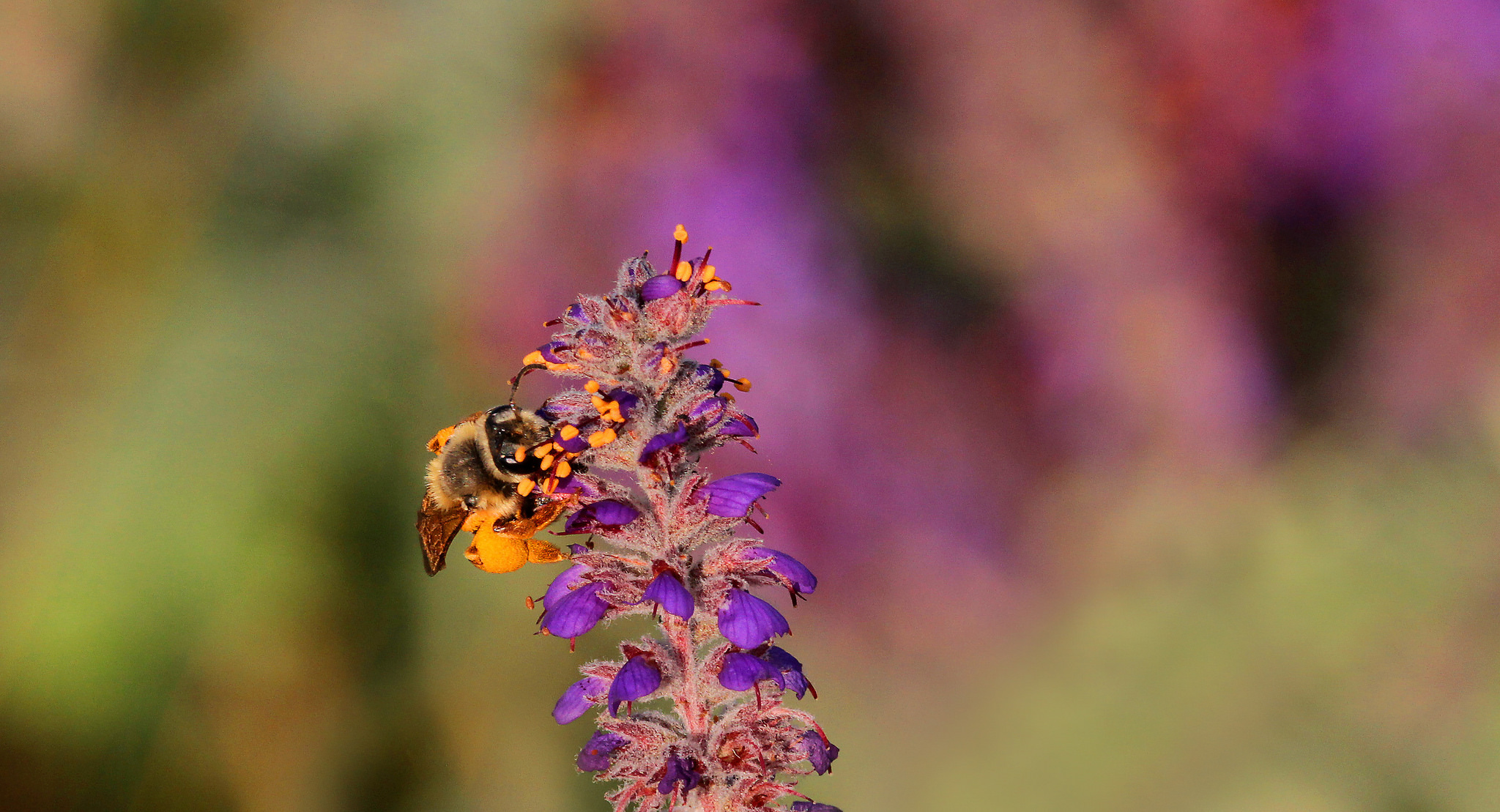Support pollinators

Pollinators visit flowering plants to feed on their nectar, and in the process, transfer pollen from one blossom to another. Pollination fertilizes the plant, allowing it to form seeds to reproduce, as well as the berries, fruits and nuts that feed both wildlife and people.
There are many different types of pollinators in North America, from fruit bats to beetles. Minnesota pollinators include the beautiful monarch butterfly, bees (Minnesota has about 500 native species of bees alone), birds and moths. All play a critical role in maintaining a healthy ecosystem.
Without these pollinators, fruit-bearing plants would not be able to create food for the critters in their ecosystem. That includes us! Pollination is necessary in the production of almost 75% of our crops and nearly 90% of the world's flowering plant species, so their decline disrupts ecosystems and creates hardships for plant, animal and human life.
What you can do
Thankfully, there are many ways we can all improve pollinator habitat.
- Avoid or decrease pesticide use in your yard to protect insects and pollinators.
- Limit the use of outdoor lights.
- Don't purchase plants that have been treated with neonicotinoid pesticides and urge nurseries not to carry them.
- If you want a project you can do in your own yard, plant native species or consider a bee lawn. Pollinators are drawn to patch-like gardens that serve as much-needed oases, especially in urban and residential neighborhoods where resources can be scarce.
- Volunteer with FMR: Our public volunteer events last just two hours, but make a big impact on improving habitat. Volunteers do everything from planting pollinator-friendly patch gardens to removing invasive plants to make space for more diverse habitat. If you're interested in a more in-depth volunteer experience, consider joining PEP, FMR's Pollinator Evaluation Program.
Additional Resources
• Monarch Joint Venture: Create habitat for monarchs
• Minnesota Department of Natural Resources: Minnesota's pollinators
• University of Minnesota Extension: How to create a pollinator-friendly landscape
• Minnesota Board of Water and Soil Resources: Pollinator planting toolbox
• Xerces Society: Pollinator conservation in yards and gardens
Landscape for the river
Dig into more tips to help protect the river right from your own backyard.